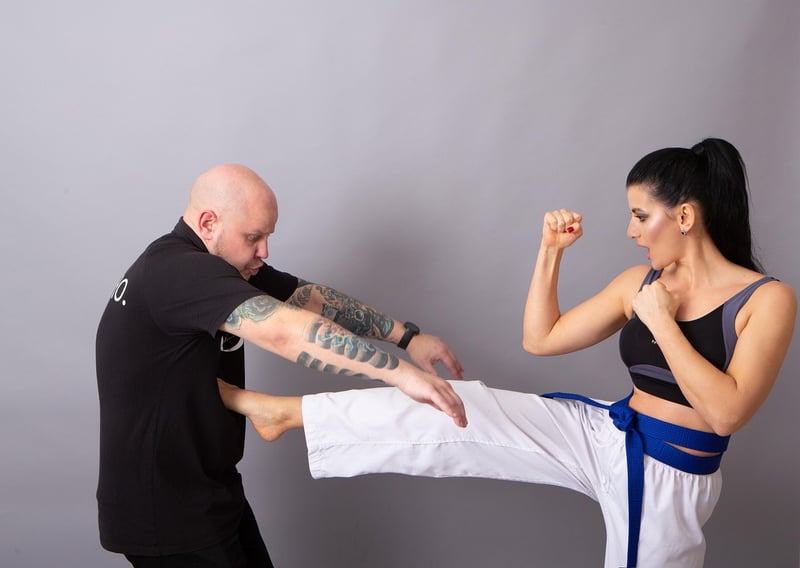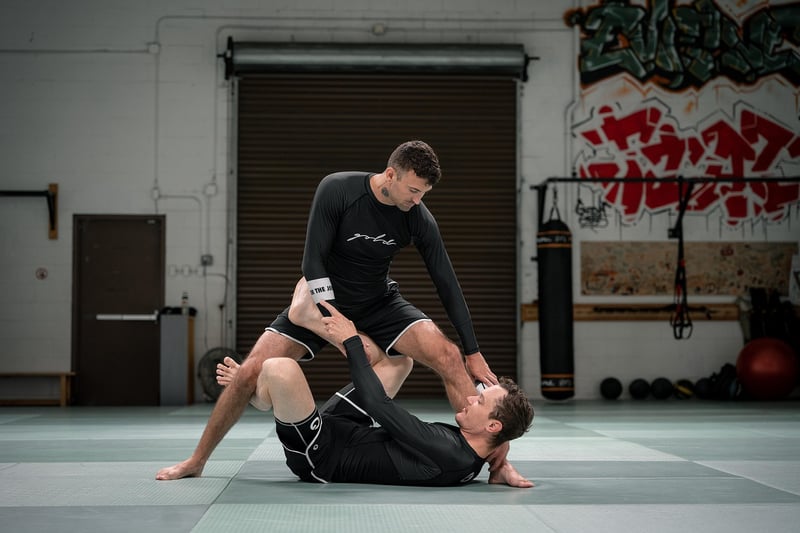Jiu-Jitsu
Mastering Combat and Self-Defense Techniques with Jiu-Jitsu

When it comes to personal safety, learning effective combat and self-defense techniques is crucial. One martial art that has gained immense popularity for its practicality and efficiency in real-life situations is Jiu-Jitsu. Originating from Japan and later refined in Brazil, Jiu-Jitsu focuses on grappling and ground fighting, making it ideal for self-defense scenarios.
Key Principles of Jiu-Jitsu for Self-Defense
Jiu-Jitsu emphasizes leverage, technique, and timing over brute strength, allowing practitioners to defend themselves against larger and stronger opponents. Some key principles of Jiu-Jitsu for self-defense include:
- Control and Submission Holds
- Escapes from Various Positions
- Defense Against Strikes and Attacks
- Utilization of Joint Locks and Chokes
Benefits of Learning Jiu-Jitsu for Self-Defense
There are numerous benefits to learning Jiu-Jitsu for self-defense purposes:
- Improved Confidence and Self-Esteem
- Enhanced Physical Fitness and Flexibility
- Effective Stress Relief and Mental Focus
- Practical Skills for Real-Life Threats
Training in Jiu-Jitsu
Training in Jiu-Jitsu involves learning a variety of techniques, practicing drills with partners, and sparring to simulate real combat situations. It is essential to train regularly and under the guidance of experienced instructors to progress effectively and ensure safety during practice.
Conclusion
Mastering combat and self-defense techniques through Jiu-Jitsu can provide you with the skills and confidence to protect yourself in challenging situations. Whether you are looking to improve your physical fitness, boost your self-esteem, or acquire practical self-defense skills, Jiu-Jitsu offers a comprehensive training system that can benefit individuals of all ages and fitness levels.
Remember, the key to proficiency in Jiu-Jitsu is consistent practice, dedication, and a willingness to learn and grow both physically and mentally.
